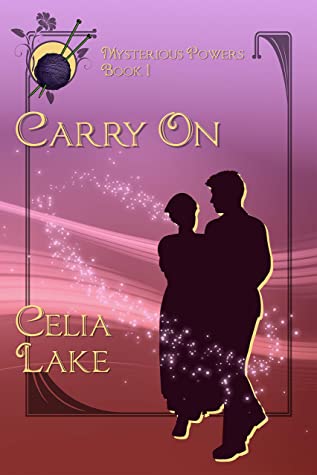 Simon Owens at MediaShift has an article about SF/Fantasy novelist Tim (T. A.) Pratt’s creativity in financing his writing after Random House failed to renew his contract. Rather than leave his fans in the lurch partway through a series, Pratt asked them to subsidize an online serial publication of the next book using the public radio donation model. The approach was successful enough that Pratt earned more than he would have had the book been published by Random House. To finance his newest project, Pratt turned to artists’ funding platform Kickstarter, where he was able to raise $11,000 in donations. Donors will receive a series of prizes based on the size of their donation, from their name in the acknowledgements to a short story written just for them. Pratt plans to begin releasing the serialized novel for free in January 2012, and will publish the book in its entirety as an e-book for around $5 at the same time.
Simon Owens at MediaShift has an article about SF/Fantasy novelist Tim (T. A.) Pratt’s creativity in financing his writing after Random House failed to renew his contract. Rather than leave his fans in the lurch partway through a series, Pratt asked them to subsidize an online serial publication of the next book using the public radio donation model. The approach was successful enough that Pratt earned more than he would have had the book been published by Random House. To finance his newest project, Pratt turned to artists’ funding platform Kickstarter, where he was able to raise $11,000 in donations. Donors will receive a series of prizes based on the size of their donation, from their name in the acknowledgements to a short story written just for them. Pratt plans to begin releasing the serialized novel for free in January 2012, and will publish the book in its entirety as an e-book for around $5 at the same time.
It’s clear from this and from other stories* that a writer’s ability to become a published author and make a living is no longer dictated solely by the publishing industry. Admittedly, Pratt was able to call upon a fan base established through print publication. A new author who decides to go the self-publishing route doesn’t have that built-in audience; she (or he) will have to become (or hire) her own publishing team and do her own marketing. Joe Konrath has written several posts on how to do that; check out his blog archive at A Newbie’s Guide to Publishing for details.)
 What Pratt’s experience does show, however, is that it’s even possible for an author to get what amounts to an advance, once he has built up a loyal following. Since good editing, cover design, print/e-book design and layout, and even printing of physical (paper) books are available outside of the traditional publishing industry, one has to wonder just what traditional publishing companies have to offer the aspiring writer. As with the recording industry a decade or two ago, I believe we’re seeing the beginning of an enormous shift in control: from industry behemoths (the recording labels, the major presses) to individual artists (musicians, writers.) It will be interesting to see how it all turns out.
What Pratt’s experience does show, however, is that it’s even possible for an author to get what amounts to an advance, once he has built up a loyal following. Since good editing, cover design, print/e-book design and layout, and even printing of physical (paper) books are available outside of the traditional publishing industry, one has to wonder just what traditional publishing companies have to offer the aspiring writer. As with the recording industry a decade or two ago, I believe we’re seeing the beginning of an enormous shift in control: from industry behemoths (the recording labels, the major presses) to individual artists (musicians, writers.) It will be interesting to see how it all turns out.
+ + + + +
* Blake Crouch, Amanda Hocking (Wikipedia article) (blog), J. A. Konrath, John Locke (no, not that one), and a number of other authors have had success with the self-publishing process.




































